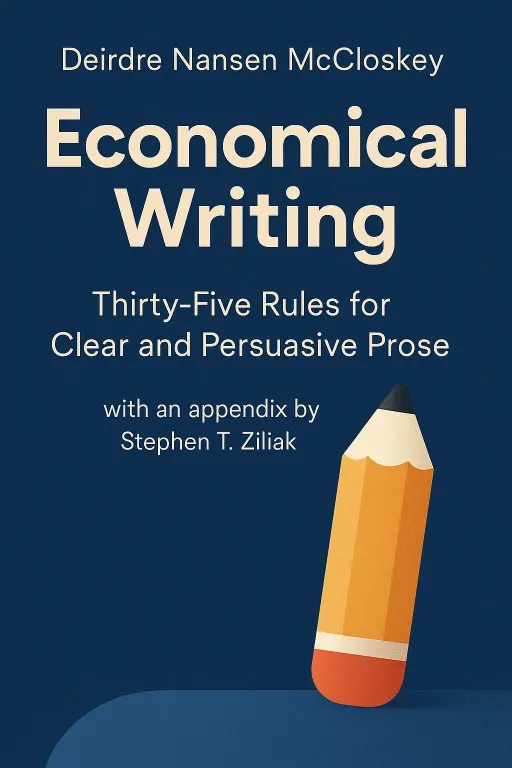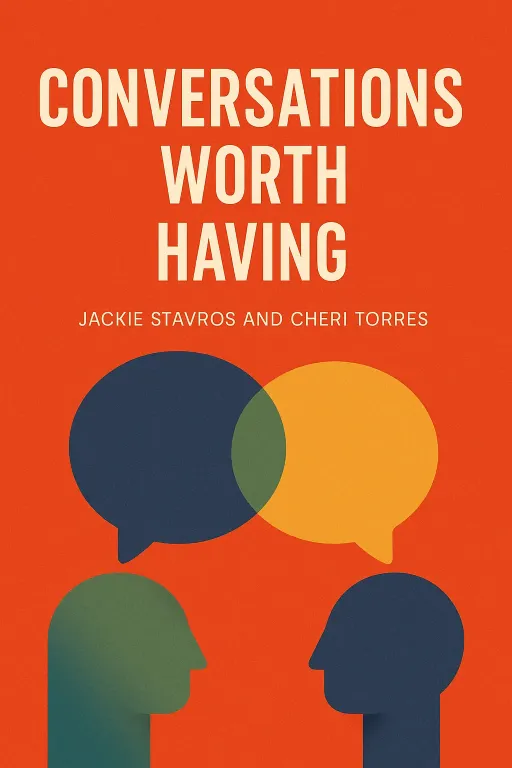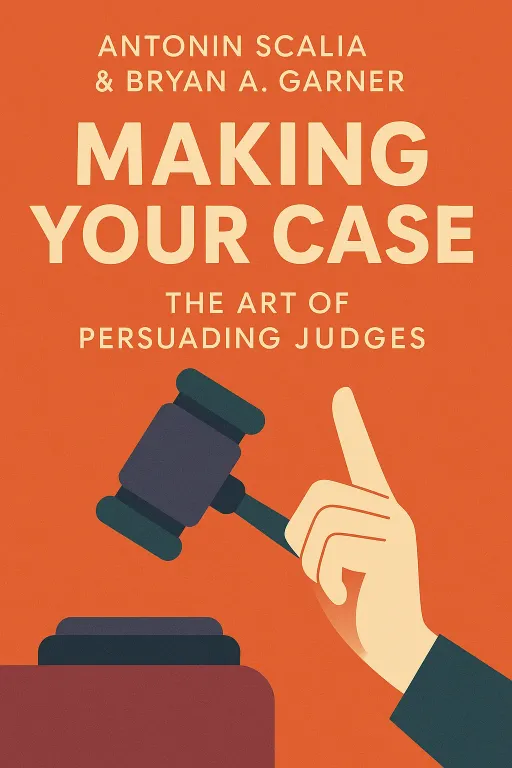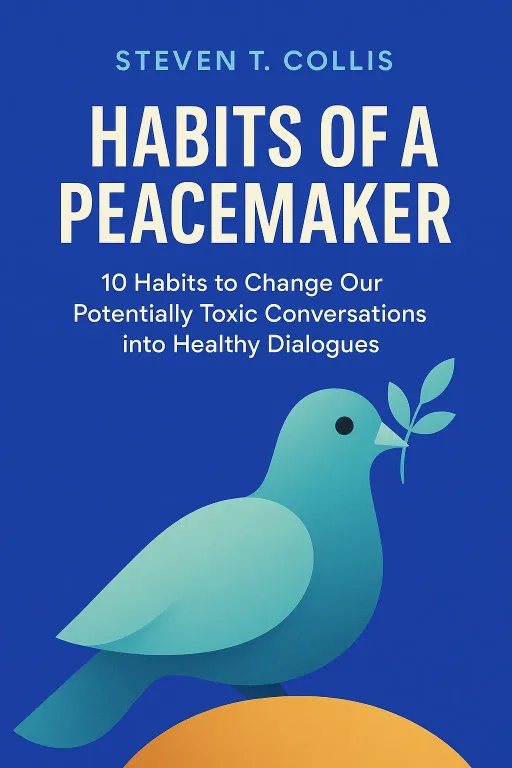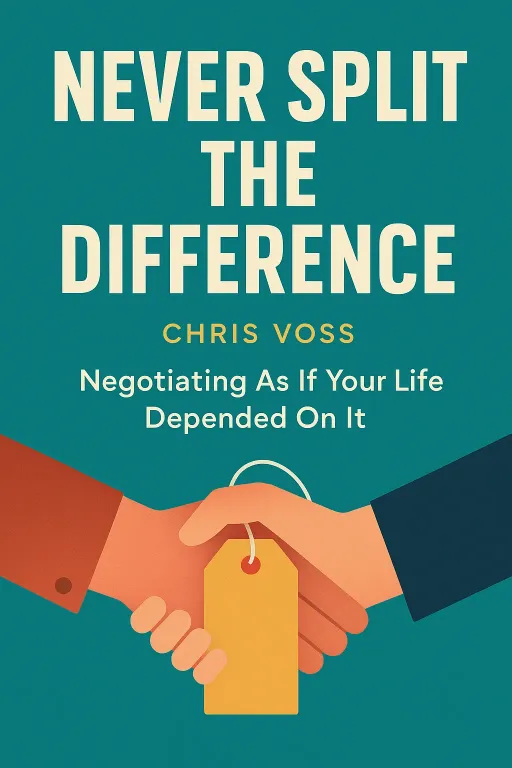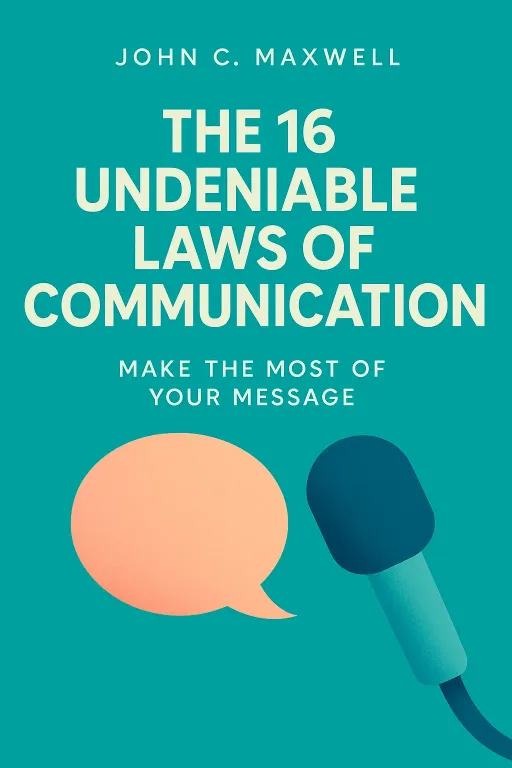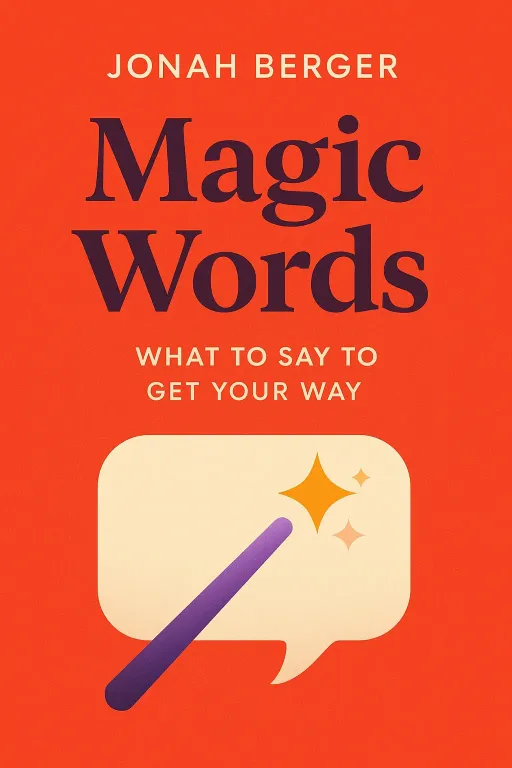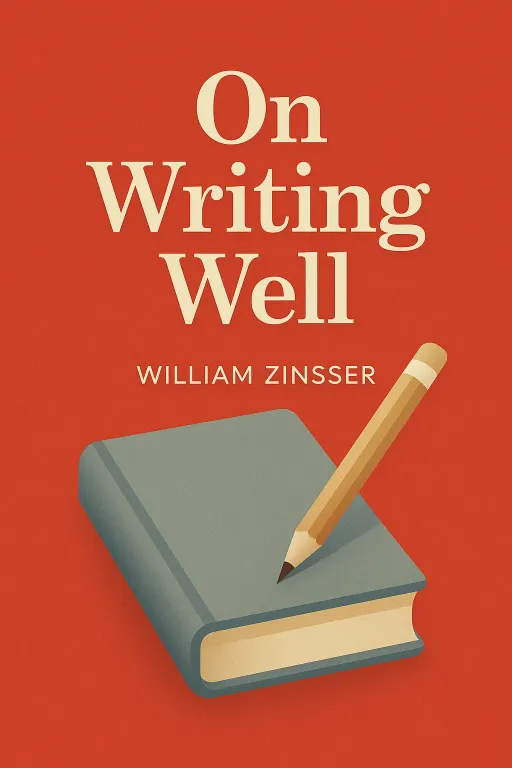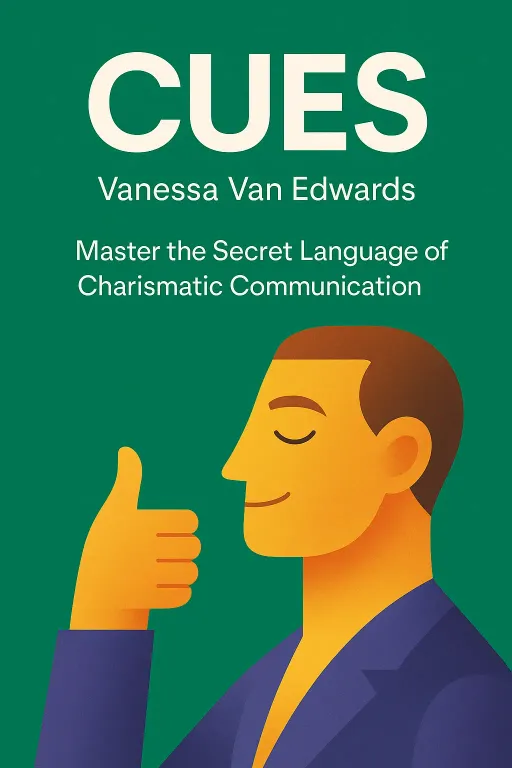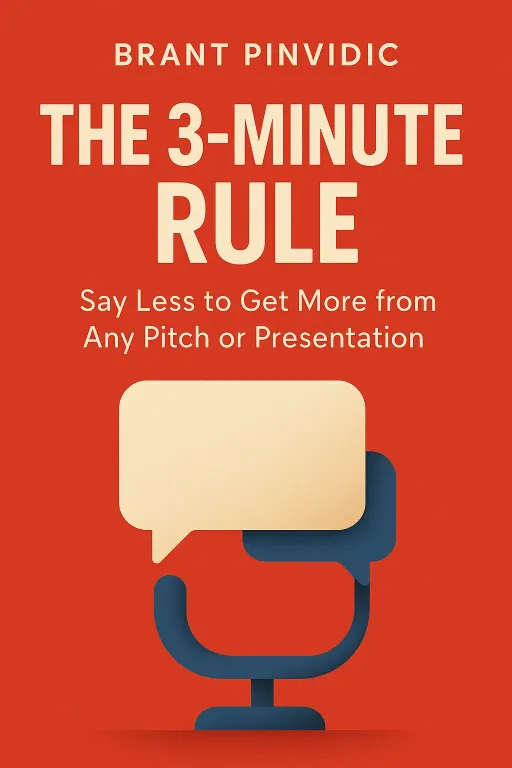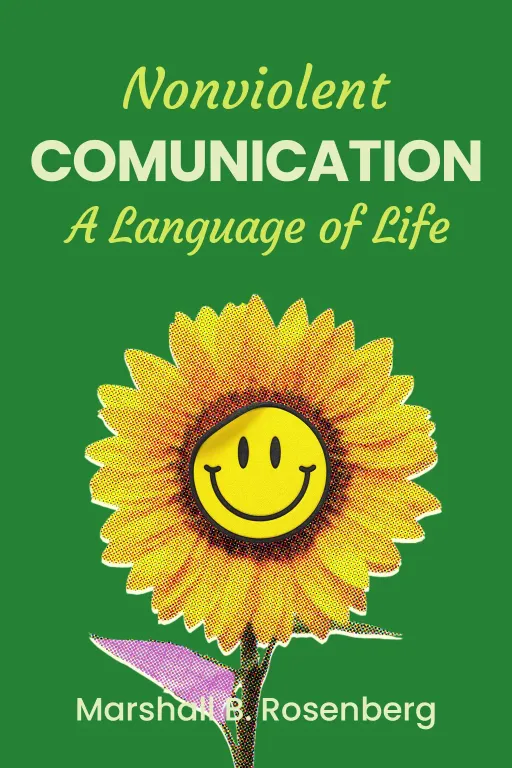
Personalized Podcast
10 minGolden Hook & Introduction
SECTION
Albert Einstein: Dooby, you admire innovators like Steve Jobs and Thomas Edison, people who designed technologies that changed the world. But what if the most powerful technology we could ever master isn't in our phones, but in our words? What if there was a simple, four-step 'code' that could debug our most frustrating conflicts and upgrade our relationships? Marshall Rosenberg's 'Nonviolent Communication' argues just that—that compassionate communication is a learnable skill, a kind of social technology.
Dooby: That’s a fascinating frame, Albert. I love the idea of communication as a technology. We spend so much time optimizing our digital tools and our productivity habits, but the operating system we use to interact with other humans is often left on the default setting, full of bugs and glitches we just accept as normal.
Albert Einstein: Precisely! And those glitches lead to so much unnecessary friction. Rosenberg’s work is a manual for upgrading that emotional operating system. Today we'll dive deep into this from two perspectives. First, we'll break down the four-step 'algorithm' of NVC and see how it debugs a common relationship conflict. Then, we'll explore the book's most revolutionary idea: how understanding our own needs can defuse anger and transform even the most hostile conversations.
Dooby: I’m ready. It sounds like a powerful tool for anyone interested in personal growth and building healthier, more effective relationships. Let's get into the code.
Deep Dive into Core Topic 1
SECTION
Albert Einstein: So let's start with the basic mechanics of this 'social technology.' Rosenberg boils it down to a four-part process, which I like to think of as an algorithm for connection: Observations, Feelings, Needs, and Requests. OFNR. It sounds simple, but the magic is in the precision. The first step, Observation, is to state what you see or hear without any judgment or evaluation. Just the raw data.
Dooby: That alone is a huge challenge. Our brains are wired to interpret and judge instantly. Separating data from story is a core skill in mindfulness and even in good business analysis.
Albert Einstein: It is! And that's why it's the foundation. After the observation, you state your Feeling. Not what you think, but a genuine emotion. Then, you connect that feeling to a universal human Need. And finally, you make a clear, positive, and actionable Request. Let's see how this plays out. The book gives a wonderfully simple, and painfully relatable, example. Imagine a woman, let's call her Clara. She's feeling disconnected from her husband, who's been pouring all his energy into work.
Dooby: A classic scenario.
Albert Einstein: Indeed. So one evening, she says to him, "You're spending too much time at work!" Now, this is a classic example of what Rosenberg calls 'life-alienating communication.' It's a judgment, a criticism. It's not a clean observation.
Dooby: And it’s a negative command. It tells him what not to do, but gives him no clear direction on what she wants him to do.
Albert Einstein: Exactly. So what happens? Her husband, hearing criticism, doesn't lean in with curiosity and compassion. He gets defensive. And to "solve" the problem of "spending too much time at work," the next week he signs up for a golf tournament! He heard 'stop doing X,' but he had no idea what she actually wanted. The request was a bug in the system.
Dooby: That's a perfect example of a system returning an error because of a poorly-formed query. She stated a negative, 'don't do this,' but she never defined the positive action she desired. From a habit-formation perspective, which is something I'm really interested in, it's much easier to start a new, specific action than to just 'stop' a vague one. So, what would the NVC 'code' have looked like in that situation?
Albert Einstein: Ah, a brilliant connection. The NVC version, the debugged code, would be this: "Honey, when I see you spending five nights this week at the office until late (Observation), I feel lonely (Feeling), because I have a deep need for more connection and intimacy with you (Need). Would you be willing to spend at least one evening a week at home with me and the children? (Request)."
Dooby: The difference is night and day. It’s specific, it’s positive, it’s actionable. But more than that, it’s vulnerable. The first statement is an attack. The second is an invitation. It moves from accusation to a shared problem. It's not just about being 'nice,' it's about being effective. It's a more intelligent, more emotionally evolved way to communicate.
Albert Einstein: It's a complete redesign of the interaction. You're not trying to win an argument; you're trying to build a connection. And that leads us directly to the most profound, most revolutionary part of this book.
Deep Dive into Core Topic 2
SECTION
Albert Einstein: And that idea of effectiveness brings us to the real paradigm shift. It's the idea that what Clara's husband did—working late—wasn't the cause of her loneliness. It was only the stimulus. The true cause, Rosenberg argues, is always an unmet need within ourselves.
Dooby: Okay, that’s a big concept. So my boss's critical email doesn't make me angry? My anger comes from my own unmet need?
Albert Einstein: Precisely! The email is the stimulus. Your anger might be caused by your unmet need for respect, or for appreciation, or for support. This is the core of taking responsibility for our feelings. It's a radical departure from the blame game we're all taught to play. And the book has an astonishing story that shows just how powerful this principle is.
Dooby: I'm intrigued. This feels like it connects to the resilience of the historical figures I admire. They faced immense hostility but couldn't afford to be trapped in a cycle of blame. They had to operate from a different place.
Albert Einstein: You've hit the nail on the head. Rosenberg tells a story of when he was presenting NVC in a refugee camp in Bethlehem. He was speaking to about 170 Palestinian Muslim men. As you can imagine, attitudes toward Americans were not favorable at the time. The air was thick with tension.
Dooby: That's an incredibly high-stakes situation. The ultimate test for any communication theory.
Albert Einstein: It was. And suddenly, a man in the audience jumps to his feet, points a finger at Rosenberg, and screams, "Murderer! Assassin, Child-Killer!" He was furious because the United States government supplied the tear gas that was used in their camp, tear gas that had tragically killed an infant.
Dooby: Wow. I can't even imagine. The natural human instinct would be to defend yourself, to explain, to deny. How did he even begin to apply NVC there?
Albert Einstein: He didn't. He didn't react to the words at all. He ran the NVC 'program' in his head and listened for the need behind the accusation. He didn't hear "murderer." He heard pain. He made a guess. He said to the man, "Are you furious because you have a need for your people's resources to be used to build a better life, rather than for weapons?"
Dooby: He didn't even address the accusation. He bypassed the words and went straight to the need.
Albert Einstein: Exactly. He just kept guessing the man's feelings and needs. His anger, his pain, his deep need for safety, for dignity, for his children to be protected. He didn't agree or disagree with the man's politics. He just kept reflecting the man's humanity back to him. And this went on for about twenty minutes. Slowly, the man's shouting subsided. His posture softened. He could see that this American wasn't arguing, he was listening.
Dooby: He was de-escalating the situation not by fighting the fire, but by removing the oxygen—the blame.
Albert Einstein: A perfect analogy! Once the man felt truly heard, that his profound pain and his needs were understood, he was able to quiet down. And then, something remarkable happened. At the end of the session, that same man who had called him a murderer came up to him, and invited him to his home to share a Ramadan dinner with his family.
Dooby: That's incredible. It gives me chills. So NVC is a tool for de-escalation, but it works by targeting the root cause—the unmet need. It's like, instead of arguing with the symptom, which is the anger, he addressed the underlying 'disease,' which was the need for dignity and safety. That's a profound leadership lesson. It's about seeing the humanity behind the attack. It's what separates a manager from a true leader, a politician from a statesman.
Albert Einstein: It is the very heart of the matter. It's the ability to look at another person, no matter what they are saying or doing, and ask, "What is alive in you right now? What do you need?"
Synthesis & Takeaways
SECTION
Albert Einstein: And that's the essence of it. Whether in a marriage or a refugee camp, NVC is a 'technology' for seeing the humanity, the needs, behind the words. It's a two-part system: a clear, four-step algorithm for expressing ourselves, and a revolutionary mindset that our feelings come from our own needs.
Dooby: It’s so practical, and yet so profound. It’s a framework you can apply immediately. For anyone listening who's into personal growth, this is a powerful new habit to build. It’s a direct path to higher emotional intelligence.
Albert Einstein: So, Dooby, if you were to give our listeners one simple, actionable takeaway from this complex and beautiful book, what would it be?
Dooby: I think the takeaway is this: the next time you feel that flash of anger or frustration, at work or at home, just pause. Don't react. Ask yourself one question: "What unmet need of mine is this feeling pointing to?" Just naming the need—for respect, for support, for connection, for understanding—is the first step. You don't even have to solve it in that moment. The act of identifying the need shifts you from blame to awareness, and as we've discussed today, that's where the real power is. That's the first line of code in your new emotional operating system.
Albert Einstein: Beautifully put. A simple question to begin a profound journey. Thank you, Dooby.
Dooby: Thank you, Albert. This was an enlightening conversation.
